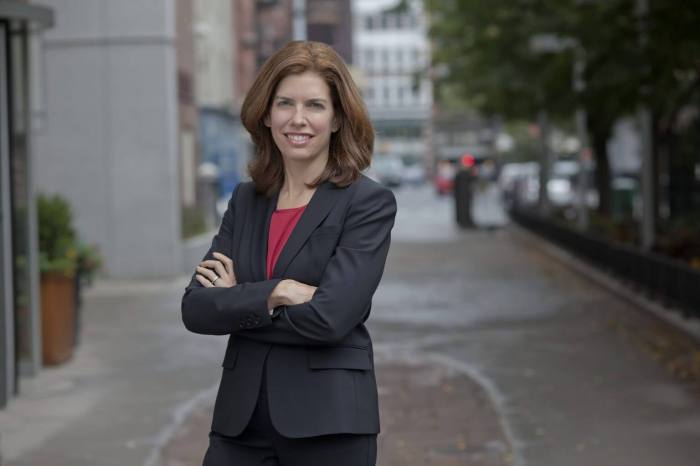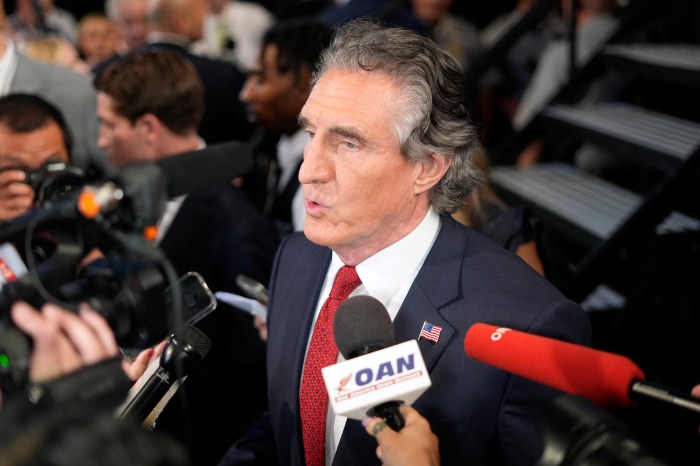By: Melissa Mark-Viverito, former NYC Council Speaker
In 2011, Sen. Dick Durbin (D-IL) successfully passed an amendment to the Dodd-Frank Wall Street Reform and Consumer Protection Act intended to benefit everyday Americans. The amendment sought to cap debit card interchange fees. These are fees that fund the entire electronic payment system in the U.S., including fraud prevention and detection, consumer rewards, and the risk of credit loss. Durbin passed his amendment in a bid to save money for retailers so they could lower prices for customers. In reality, big retailers like Walmart, Target and Amazon pocketed billions in revenue but failed to actually lower prices for customers. Even worse, the change actually doubled fees on smaller transactions for main street stores.
Now, these massive corporations have their DC lobbyists asking for another huge payout by capping credit card interchange fees. Not only would this hurt consumers and small businesses, but it would have an especially negative impact on the Latino community.
As we have already seen with the cap on debit card interchange fees, when DC directly cuts bank revenue and forces banks to lose billions, consumers are ultimately the ones who suffer. After the Durbin Amendment caused issuers to lose more than $90 billion in revenue over the past decade, they responded with monthly account maintenance charges, insufficient-funds fees, inactivity fees, and the virtual elimination of debit card rewards programs. A University of Chicago report found that instead of saving money, the Durbin rule indirectly cost consumers between $22 and $25 billion. To make things even worse, a 2014 study from George Mason University reported that it led to an increase in the unbanked population by one million Americans.
Unfortunately, the people getting shut out are often low-income families, the Latino community, and other people of color living in areas where banking access is already limited. Reuters reports that there are about 41 financial institutions for every 100,000 people in predominantly white areas, but only 27 in non-white majority communities. With the COVID-19 pandemic doubling online commerce, access to credit cards and banking is crucial.
The Latino Coalition, a national group of Hispanic business owners, found that regulating interchange fees inevitably leads to higher credit card costs and reduced benefits for consumers. Particularly in communities of color, many low-income people rely on services like free checking accounts and lower fees to keep their bank accounts open. If we extend these interchange regulations to credit cards, we will be taking away benefits and accessible credit from the communities that need them most. As many as seven million Latino consumers could lose credit access if DC lobbyists and Durbin are once again successful, according to an estimate based on data from the Federal Reserve.
The impact of the Durbin amendment has also been detrimental to our nation’s small businesses. Banks started charging the full 22 cent cap set by Durbin’s amendment for every single transaction, including the smaller transactions that many small businesses rely on. In 2013, the Federal Reserve Bank of Richmond reported that some small-ticket interchange fees doubled or tripled from what small retailers previously paid. The Latino Coalition reports that more than 2 million Hispanic small business owners use credit and debit cards as an essential part of their business operations and shifting credit card costs onto these businesses will be detrimental.
Extending Durbin’s amendment to credit cards is the wrong decision for consumers, small businesses, and the Latino community. We need to keep credit cards accessible for all consumers and reduce financial burdens for small businesses, not for wealthy corporations.

























